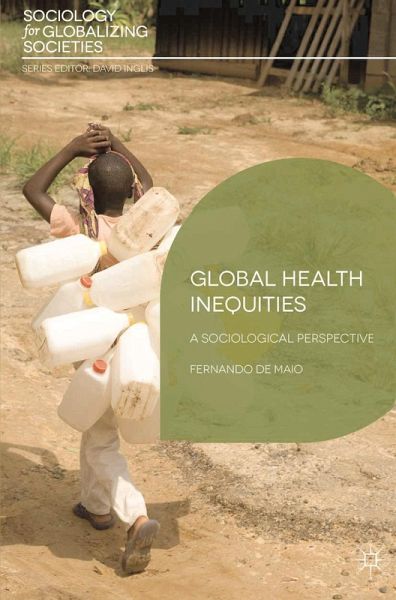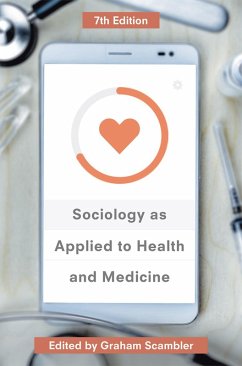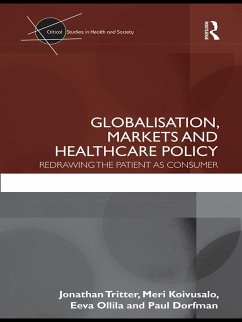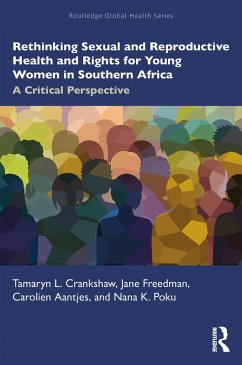
Global Health Inequities (eBook, ePUB)
A Sociological Perspective
Versandkostenfrei!
Sofort per Download lieferbar
31,95 €
inkl. MwSt.
Weitere Ausgaben:

PAYBACK Punkte
16 °P sammeln!
Despite living in a 'globalized' world where advances in medicine, technology and science come at an ever-increasing pace, there exist staggering inequalities in health. Even as we celebrate new pharmaceutical developments, access to already-existing medicines is hindered by economic and political barriers for poor people around the world. Critical but accessible, Global Health Inequities questions taken-for-granted assumptions, showing how breakthroughs in biomedicine alone cannot address inequities in health. The book's analysis of theory and empirical work elucidates key debates and highlig...
Despite living in a 'globalized' world where advances in medicine, technology and science come at an ever-increasing pace, there exist staggering inequalities in health. Even as we celebrate new pharmaceutical developments, access to already-existing medicines is hindered by economic and political barriers for poor people around the world. Critical but accessible, Global Health Inequities questions taken-for-granted assumptions, showing how breakthroughs in biomedicine alone cannot address inequities in health. The book's analysis of theory and empirical work elucidates key debates and highlights the most significant challenges facing global health today, including the growing burden of chronic non-communicable diseases and the persistent injustice of neglected tropical diseases. Fernando De Maio identifies the need for sociological analysis in global health, drawing together research from public health, sociology, anthropology and related fields, in order to expand the scope of the medical gaze towards a more holistic and structural perspective of health inequity.













